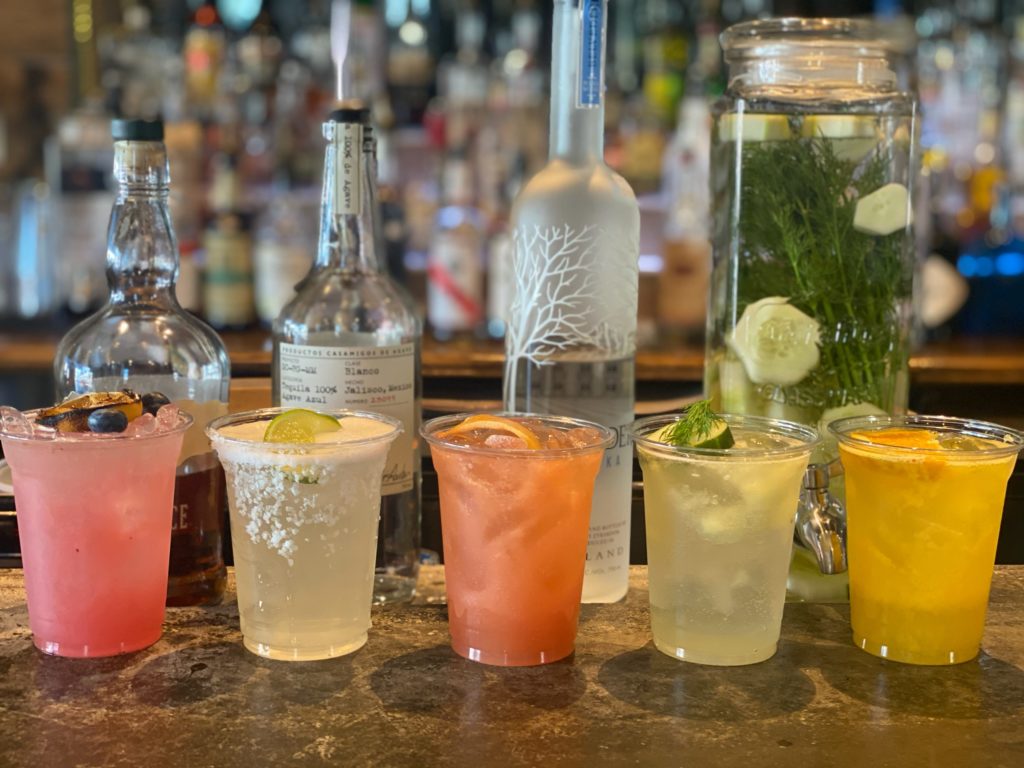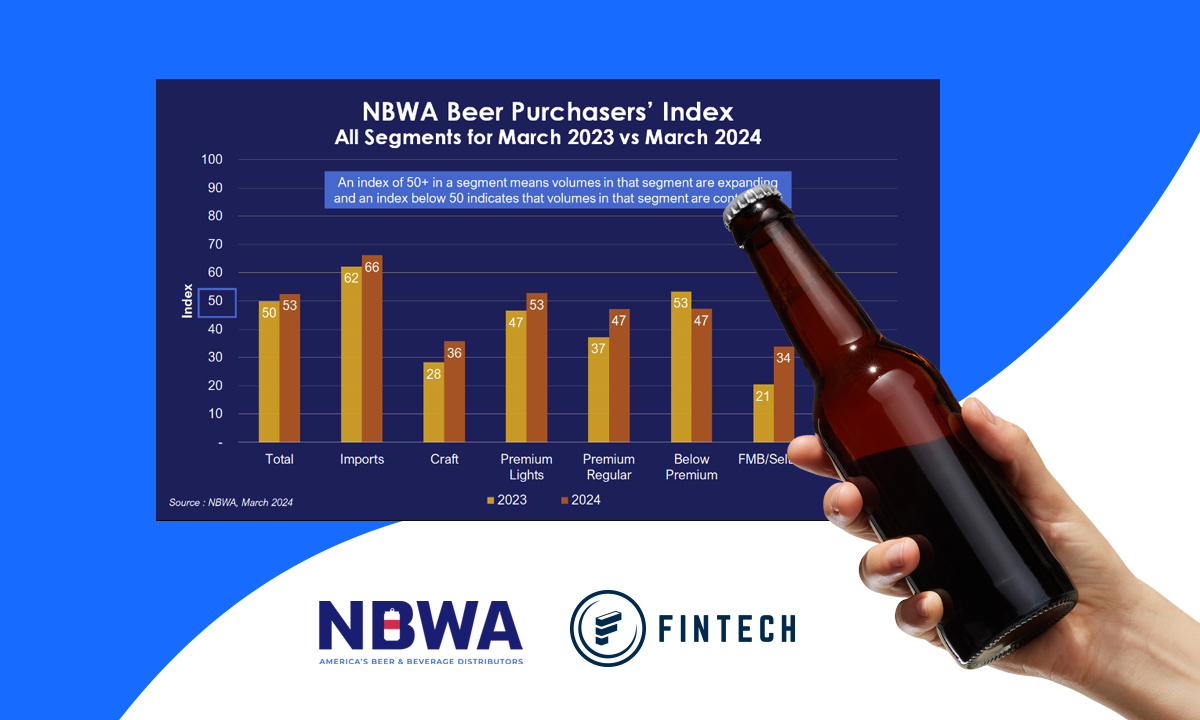Read which states have passed long-term legislation and what that means for retailers.
Delivery and takeout alcohol is a reality of 2020 and may be here to stay. For states that have not yet instituted permanent rules that allow alcohol with takeout orders, you still have the power to make a change.
“Would you like a margarita with your fajitas?” A question typically asked by a server visiting their table at a sit-down restaurant. Not something normally asked when taking a to-go order – until 2020. With some diligent advocacy, however, it just might become the new normal.
In response to the COVID-19 pandemic and subsequent closing of dining rooms across America, many state regulators tossed a temporary lifeline to restaurants, allowing them to sell alcohol with takeout orders. This widespread change is a game-changer for those in the on-premise industry, giving restaurants a chance to generate extra revenue (and even higher margins) during a time of drastically constrained sales. Immediately after these temporary allowances were made, speculation about the permanency began to circulate, with industry insiders stating things like, “We just can’t put the toothpaste back in the tube – to-go alcohol is here to stay,” and, “It will be impossible to recall alcohol delivery privileges once the consumers get used to it.”
Thankfully, these notions have held, with a handful of states now passing long-term or even permanent rules for on-premise retailers!
- Colorado – Beer, wine, and cocktails allowed for takeout and delivery, effective through 7/1/2021
- Washington, D.C. – Beer, wine, and cocktails permanently allowed for takeout and delivery
- Iowa – Beer, wine, and cocktails permanently allowed for takeout and delivery
- Michigan – Beer, wine, and cocktails allowed for takeout and delivery, effective through 12/31/2025
- Oklahoma – Beer, wine, and manufacturer-sealed cocktails (not cocktails mixed by the location)permanentlyallowed for takeout and delivery
- Ohio – Beer, wine, and cocktails permanently allowed for takeout and delivery
Further, these states are positioned to follow suit:
- Maine – A pending bill would allow beer, wine, and cocktails be available for takeout and delivery, effective through April 2022
- Nebraska – A pending bill is looking to create a task force to study the idea ofpermanentlyallowing takeout and delivery alcohol
- New York – Two pending bills would allow beer, wine, and cocktails be available for takeout and delivery (one bill proposing two years, the other suggesting permanency)
- Texas – The governor has encouraged legislators to draft a bill creating a permanent allowance, which is expected to be filed in September
- Rhode Island – A pending bill would allow beer, wine, and cocktails be available for takeout and delivery, effective through 12/21/21
So, while some states remain committed to temporary allowances, others are moving to make the allowances permanent as state emergency orders expire. For any state that hasn’t made a move, there is still hope new bills will be introduced when legislators return to session in early 2021.
And that is exactly where our takeaway lies: If your state has not yet instituted permanent rules that allow alcohol with takeout orders, you still have the power to make a change. When your state legislators reconvene for the 2021 legislative session (typically in January or February), they need to know your story. Boldly share your experience, the impact that to-go alcohol has had or could have on your business, and your thoughts on how permanency can be done responsibly in your market. If speaking with your legislators seems intimidating, we understand, but they want to hear from you! And it doesn’t have to be a formal meeting at the statehouse.
In speaking about these new legislative opportunities, Executive Director of American Beverage Licensees, John Bodnovich urges, “Right now, thanks to COVID, the legislative process is not operating as it was designed to, with deliberative and thoughtful debate and opportunities for retailers to engage in the process. Now, access to legislators is very limited, and ill-considered legislation can quickly move from a bad idea to a bad law. It is as important than ever for retailers to engage with their lawmakers in whatever way possible – by phone, text, email, or Zoom – to make sure that legislators are educated and understand the impact of alcohol legislation on the retail tier and the entire industry.”
If ever there was a year to break the mold and do something different to help your business, it’s 2020. If takeaway alcohol matters to you, make your voice heard.
But for now, “Would you like a margarita with your fajitas, to-go?”




